Humans
Sign up for our newsletter
We summarize the week's scientific breakthroughs every Thursday.
-
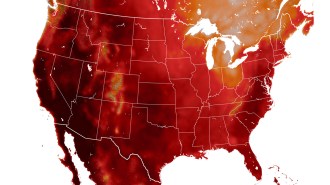 Climate
ClimateClimate change could double U.S. temperature-linked deaths by mid-century
Each year, roughly 8,000 deaths in the United States are associated with extreme temperatures. And as temperatures rise, this number could swell.
-
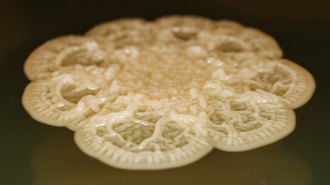 Microbes
MicrobesSome bacteria in your mouth can divide into as many as 14 cells at once
The filamentous bacterium Corynebacterium matruchotii has a unique reproductive strategy that might allow it to claim territory quickly.
-
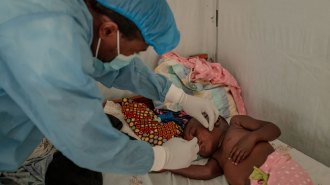 Health & Medicine
Health & MedicineVaccines for mpox are finally reaching Africa. But questions about the virus remain
With concerns that mpox may now spread more easily and be more severe, researchers warn that failing to curb the outbreak means “nobody is safe.”
-
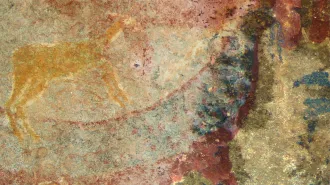 Anthropology
AnthropologyFossils of an extinct animal may have inspired this cave art drawing
Unusual tusks on preserved skulls of dicynodonts influenced the look of a mythical beast painted by Southern Africa’s San people, a researcher suspects.
By Bruce Bower -
 Health & Medicine
Health & MedicineCan taking ashwagandha supplements improve health?
Ashwagandha is all over TikTok. Some studies report benefits, but more research is needed.
-
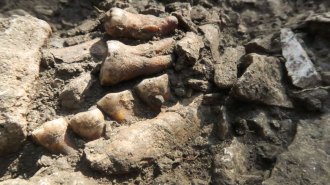 Anthropology
AnthropologyAncient DNA unveils a previously unknown line of Neandertals
DNA from a partial skeleton found in France indicates that European Neandertals consisted of at least two genetically distinct populations.
By Bruce Bower -
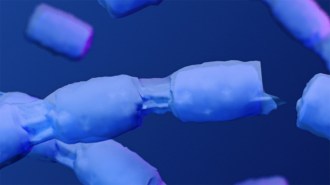 Health & Medicine
Health & MedicineCalifornia droughts may help valley fever spread
Droughts temporarily dampen the number of valley fever cases across the state, but cases spike in the years after rains return.
-
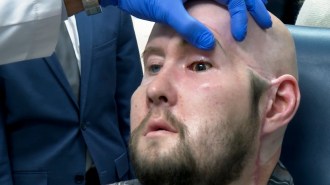 Health & Medicine
Health & MedicineThe first face transplant to include an eye shows no rejection a year later
A man who received a partial face transplant that included an eye can’t see out of the eye, but there is blood flow to it.
-
 Health & Medicine
Health & Medicine50 years ago, some of plastic’s toxic hazards were exposed
Worker exposure to vinyl chloride became tightly regulated after the chemical was linked with liver cancer. Now, its use may be on the chopping block.
-
 Health & Medicine
Health & MedicineA new drug shows promise for hot flashes due to menopause
Two clinical trials found that the nonhormonal drug elinzanetant eased hot flashes and improved sleep, two common menopause symptoms.
-
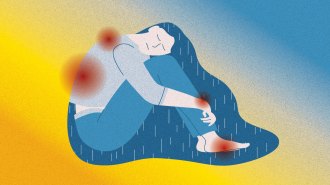 Health & Medicine
Health & MedicineA next-gen pain drug shows promise, but chronic sufferers need more options
A new painkiller nearing approval called suzetrigine may prove to be an opioid alternative. But for many with chronic pain, treatment must go beyond pills.
-
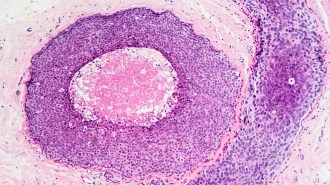 Health & Medicine
Health & MedicineWhat is ‘Stage 0’ breast cancer and how is it treated?
Actress Danielle Fishel's diagnosis has raised awareness of a condition that affects about 50,000 U.S. women annually.